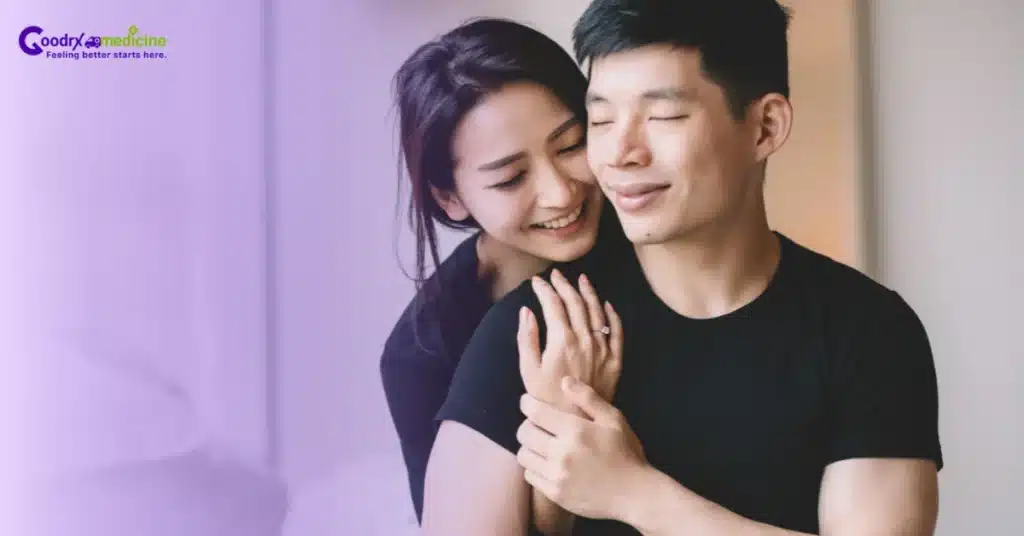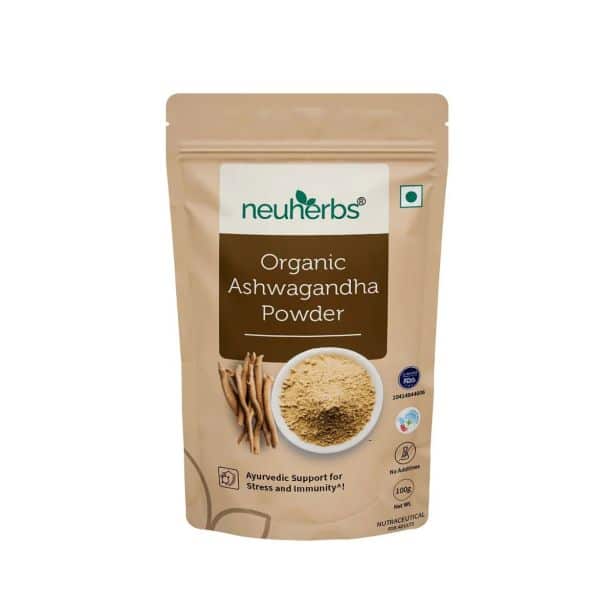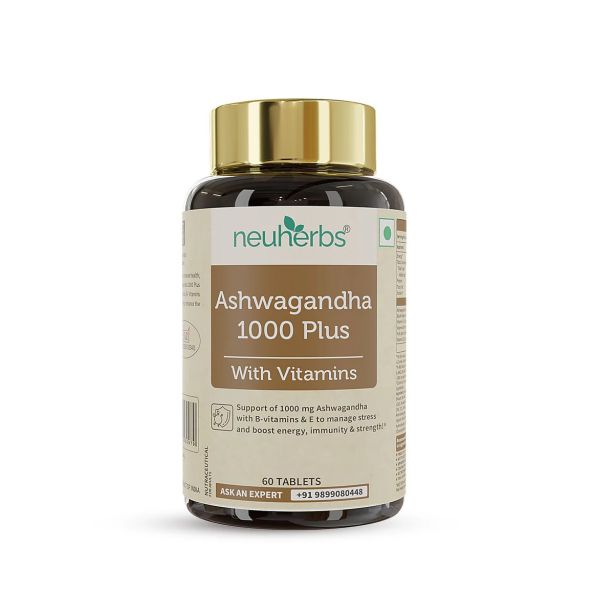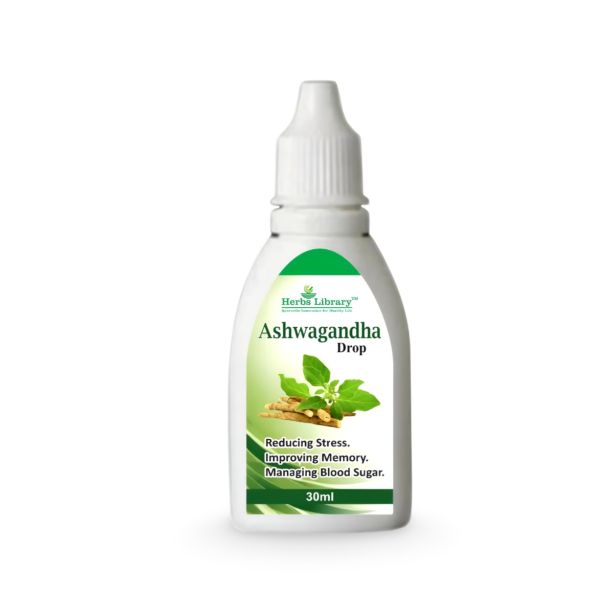Natural remedies have gained influential attention in recent years as people seek alternatives to conventional medications. Ashwagandha is one of the most talked-about herbal supplements. But what does Ashwagandha do, exactly?
Known scientifically as Withania Somnifera, Ashwagandha is a strong adaptogenic herb used for centuries in Ayurvedic medicine to promote overall health, vitality, and longevity. This wonder herb offers a range of benefits, from stress reduction to improving sexual health and cognitive function.
This article will explore how Ashwagandha works in the body, its diverse effects, and how you can incorporate it into your routine for maximum benefits.
What exactly is Ashwagandha
Ashwagandha, often called Indian ginseng or winter cherry, is a small shrub native to India, the Middle East, and parts of Africa. The plant’s roots and berries are primarily used for medicinal purposes. In Ayurveda, an ancient holistic health system from India, Ashwagandha is classified as a “Rasayana,” which means it has rejuvenating and therapeutic properties.
Traditionally, Ashwagandha has been used to help the body cope with stress, improve energy levels, and enhance mental clarity. Its name, the smell of the horse in Sanskrit, is believed to be linked to its unique odor and the strength it supposedly imparts.
What are the effects of Ashwagandha
Ashwagandha has gained attention for its wide-ranging effects on the body. Some of the most notable Ashwagandha benefits include:
1. Reducing stress and anxiety
One of Ashwagandha’s most well-known benefits is its ability to reduce stress and anxiety. It is classified as an adaptogen, which helps the body adapt to stress by regulating cortisol levels, a key hormone in the stress response. Ashwagandha can lower cortisol levels, resulting in a calming and balancing effect on the nervous system.
2. Improving cognitive function
Ashwagandha has neuroprotective properties, making it beneficial for cognitive health. It promotes antioxidant activity that protects nerve cells from free radical damage, which is important for maintaining brain health. Ashwagandha can improve memory, attention, and information-processing speed, making it a potential supplement for those experiencing cognitive decline or looking to enhance their mental sharpness.
3. Boosting energy and stamina
Often used to combat fatigue, Ashwagandha helps enhance physical stamina and endurance. It supports the body’s resilience to physical and mental stress, which can benefit athletes or individuals who lead active lifestyles. Additionally, it’s thought to increase muscle mass and strength, making it a favorite among fitness enthusiasts.
4. Supporting immune function
Ashwagandha has immunomodulatory properties, which help regulate and strengthen the immune system. Regular herb consumption may improve the body’s ability to fight off infections and maintain overall health. Its anti-inflammatory effects can also help reduce chronic inflammation linked to numerous diseases.
5. Balancing hormones
Ashwagandha can be incredibly helpful for individuals with hormonal imbalances, particularly thyroid and adrenal imbalances. It supports thyroid function, especially in cases of hypothyroidism, by improving the production of thyroid hormones. Furthermore, Ashwagandha helps regulate adrenal hormones, crucial in how the body responds to stress.
How does Ashwagandha work in the body
To fully understand what Ashwagandha does, looking at how it interacts with the body is essential. The herb contains several active compounds, including withanolides, alkaloids, and saponins, responsible for its therapeutic effects.
Adaptogenic activity:
Ashwagandha’s role as an adaptogen helps modulate the body’s stress response, mainly through its effect on the Hypothalamic-Pituitary-Adrenal (HPA) axis, a central part of the body’s stress system. By balancing cortisol levels, Ashwagandha reduces stress and anxiety while enhancing resilience to physical and emotional stressors.
Antioxidant properties:
Ashwagandha promotes the production of antioxidant enzymes that help neutralize free radicals. This is especially important in protecting cells from oxidative stress linked to aging and various diseases.
Neuroprotective effects:
The herb also stimulates the growth of dendrites and axons, which are essential components of neurons. This supports brain function, enhances memory, and protects against neurodegenerative diseases like Alzheimer’s.
Can Ashwagandha improve sexual health

Yes, Ashwagandha can improve sexual health. One area where Ashwagandha has shown significant promise is in enhancing sexual health for both men and women. Research has found that the herb can improve fertility, increase libido, and enhance sexual performance.
Benefits for men
Ashwagandha has been used in Ayurvedic medicine to improve male fertility by increasing sperm count and motility. It also supports testosterone production, which can lead to improved sexual performance and increased libido. For men with stress-induced infertility, Ashwagandha’s ability to lower cortisol can improve fertility outcomes by reducing the negative impact of stress on reproductive health.
Benefits for women
For women, Ashwagandha helps balance hormone levels, especially during periods of hormonal fluctuation such as menopause. It can also help increase sexual desire and satisfaction by reducing stress and anxiety, which are often significant contributors to low libido.
Are there any side effects of Ashwagandha
While Ashwagandha is generally considered safe for most people, it is essential to be aware of Ashwagandha’s side effects. Some common side effects may include:
- Digestive issues: In some cases, Ashwagandha may cause mild gastrointestinal discomfort such as Nausea, Diarrhea, or stomach upset, especially when taken in high doses.
- Drowsiness: Due to its calming effects, Ashwagandha can cause drowsiness in some individuals. It’s advisable to avoid taking it with sedatives or other medications that cause drowsiness unless recommended by a healthcare professional.
- Interaction with medications: If you’re taking medications for conditions such as thyroid disorders, diabetes, or high blood pressure, consult a doctor before starting Ashwagandha, as it can interact with certain medications and cause adverse effects.
It’s also recommended to avoid Ashwagandha during pregnancy, as its effects on pregnant women have not been thoroughly studied.
How to use Ashwagandha
Ashwagandha is available in several forms, including powder, pills, gummies, and teas. Capsules are the most common and convenient, ranging from 250 to 600 mg daily. Following the manufacturer’s instructions or consulting a healthcare provider for the best dosage is important.
Ashwagandha powder can be added to smoothies, teas, or warm milk. In traditional Ayurvedic practice, it’s often mixed with honey or ghee for additional benefits. Another popular option is Ashwagandha tea, a soothing evening drink that promotes relaxation and reduces stress.
Conclusion
Ashwagandha is a versatile and potent adaptogenic herb that offers numerous health benefits, ranging from stress relief and enhanced cognitive function to improved sexual health and hormone balance.
Its ability to regulate cortisol levels and support the body’s stress response makes it especially valuable for those dealing with anxiety and fatigue. So, what does Ashwagandha do?
It helps the body maintain equilibrium, improve resilience to stress, and promote overall well-being. While Ashwagandha is generally safe for most people, it’s important to be mindful of potential side effects and consult a doctor, especially if you’re taking other medications or are pregnant.
Incorporating Ashwagandha into your routine, whether through capsules, powder, or tea, can be a natural way to boost your physical and mental health.
Frequently Asked Questions
What does Ashwagandha do sexually?
Ashwagandha enhances sexual health by increasing libido, improving fertility, and supporting hormone balance. For men, it boosts testosterone and sperm quality, while for women, it reduces stress and anxiety, which can improve sexual desire and satisfaction.
What does Ashwagandha do for bodybuilding?
Ashwagandha aids bodybuilding by enhancing muscle mass, strength, and endurance. It helps reduce exercise-induced stress and fatigue, enabling better recovery, and its anti-inflammatory properties support overall physical resilience during intense training.
What does Ashwagandha do for the skin?
Ashwagandha promotes skin health by reducing inflammation, combating oxidative stress, and boosting collagen production. It helps slow the aging process, reduces acne, and enhances skin vitality by improving overall skin texture and tone.
Does Ashwagandha boost libido?
Yes, Ashwagandha can help boost libido, particularly in individuals experiencing low libido due to stress or hormonal imbalances. As an adaptogen, Ashwagandha reduces stress and anxiety, which are common factors contributing to low libido.
Is Ashwagandha powder good for men?
Yes, Ashwagandha is particularly beneficial for men, especially in boosting low testosterone levels, enhancing sexual health, and improving muscle strength.
When referencing outside resources, GoodrxMedicine always provides full citations. To learn more about the measures we use to maintain the quality of our content, please review our Content Information Policy.















